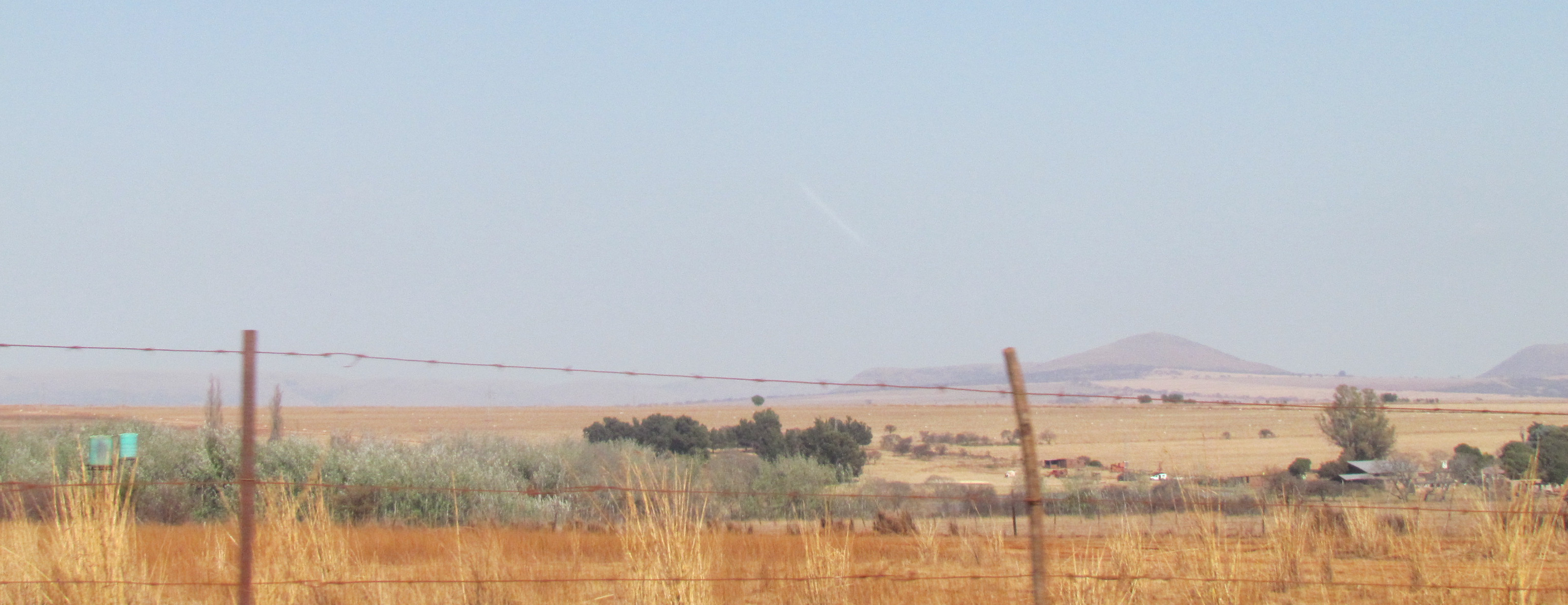South Africa’s ANC regime which is intent on repeating Zimbabwe’s fateful experiment in confiscating all white-owned land, has proceeded to expropriate the first farms under its new policy of “expropriation without compensation” (also known by the acronym “EWC”). In addition, the country’s big-four banks that have at least R80 billion of exposure to commercial farmers who have bonded their properties to the banks for loans, have issued jittery statements to the regime begging for leniency in its drive to exact racial revenge on the country’s farming community.
Mike Brown, the CEO of Nedbank, South Africa’s fourth biggest bank, stated this week that he was “opposed to changing the country’s constitution” to enable the state to confiscate white-owned land at whim. On behalf of Nedbank, he requested the opportunity to address the country’s parliament on the issue.
The black CEO of Standard Bank, Sim Tshabalala, said that “we are not panicking yet, but would like more certainty regarding government’s plans”.
The newly-appointed “minister of rural development and land reform”, Maite Nkoane-Mashabane, provided more “certainty” this week by signing two final orders for expropriation in terms of section 42(e) of the Restitution of Land Rights Act. Her spokesman, Mashile Mokono, head of land expropriation in her office, told the media that Nkoane-Mashabane was “committed to speeding up land reform (i.e. expropriation)”.
Three weeks ago the ANC regime’s top structures decided at a so-called “lekgotla” (meeting) that it must creat a number of “test cases” as soon as possible in order to obtain legal sanction for EWC from South Africa courts. Currently the country’s constitution provides for the expropriation of property in Section 25 (2) but in sub-section 2(b) it makes it “subject to compensation, the amount of which and the time and manner of payment of which have either been agreed to by those affected or decided or approved by a court”. It is this sub-section that the regime, together with its partner, the far-left radical EFF, wants scrapped in order to enable it to freely confiscate white-owned land and other assets, such as farm machinery and vehicles.
The two farms to be confiscated appear on the controversial list of 200 farms leaked to the Afrikaner NGO, Afriforum. The leaked list was supposed to contain the names of the first batch of farms to be expropriated by the ANC regime, which hotly denied the existence of such a hit list of farms. However, the fact that these two farms appear on the list, seems to confirm the veracity of the list.
One of the two farms currently targeted by the regime for expropriation is Akkerland Boerdery (Pty.) Limited, a collection of two hunting farms in the north of the country, situated in the Limpopo province. The owners of Akkerland Boerdery have obtained an urgent interdict in the Land Claims Court prohibiting the state from evicting them from their own farms. The interdict will last until the court determines the legality of the expropriation.
In the Akkerland instance, the state ignored the current constitution, Zimbabwe-style, and simply went ahead with expropriation without any court procedure, in the absence of an agreement, as Section 25 (2) (b) requires. According to the owners, the two farms are worth R200 million (about $15 million), supported by an independent valuation done in 2011. However, the state only wanted to pay R20,75 million, which includes all the improvements on the land. Now the owners might get nothing, if they become the first victims of “expropriation without compensation” (EWC).
Mrs. Annelize Crosby, a legal expert with farmers’ union Agri SA, commented: “What makes the Akkerland case unique is that they were apparently not given the opportunity to dispute the claim in a court as the law requires.”
Nkoate-Mashabane, who was previously minister of foreign affairs with great praise for Cuba and Venezuela, signed the expropriation order for Akkerland only a month after assuming her new office on 28 March this year.
Another 30 farms could be expropriated in Kwazulu-Natal province, where owners did not want to accept the valuations of the state’s valuer-general. He has estimated their properties at R460 million whereas their own estimations set the value at R760 million.
Many economists see the economic impact of land expropriation on South Africa as severe. In an attempt to placate its critics, the ANC regime announced yesterday that it would meet with Agri SA tomorrow (Tuesday 21 August) to discuss “the economic impact of the ANC plan (of expropriation without compensation)”. Agri SA will be represented by Mr. Dan Kriek while the ANC is sending its deputy president, David Mabuza.
Not only farmers, but also the banking sector is worried that the quasi-communist confiscation of farms could lead to a Zimbabwe-style economic crisis in South Africa.
Mr. Pierre Venter, a spokesman for the Banking Association of South Africa (BASA), representing the major banks of the country, said: “Many banking crises world-wide started when property values started to decline, which had an impact on the trust in markets.”
As the news of expropriation without compensation spread internationally, the South African rand has already lost 10 percent of its value since the end of July.
















